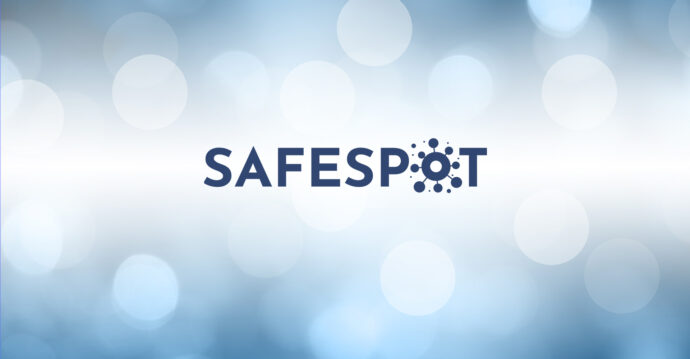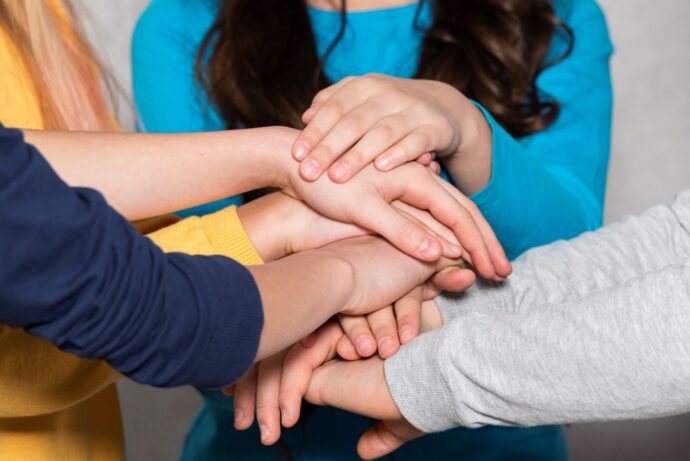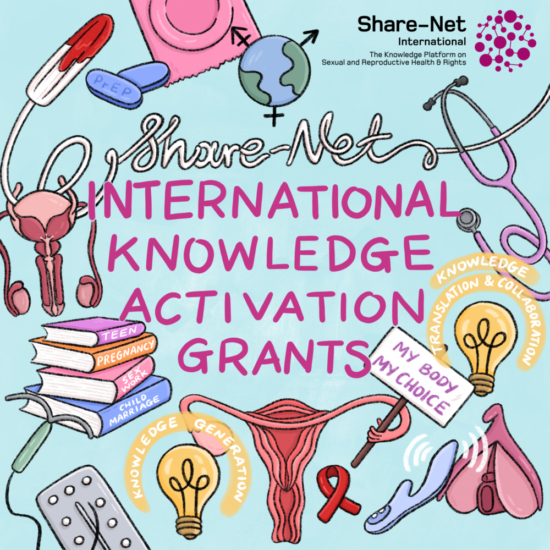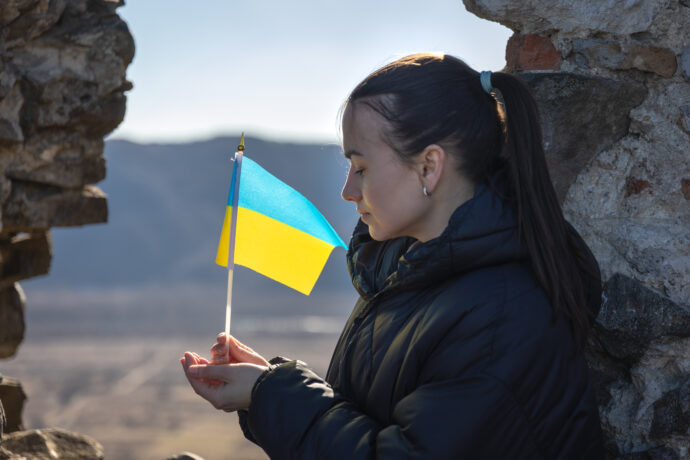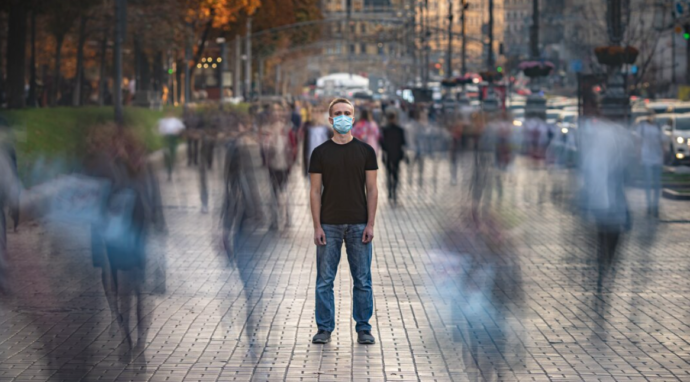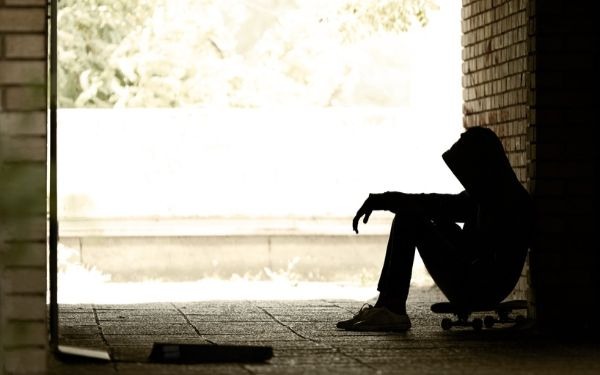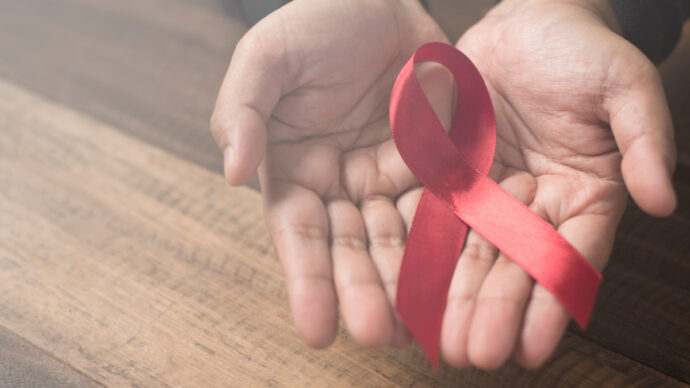Countries | Georgia, Kyrgyzstan, Tajikistan, Ukraine |
Duration | 2011-2020 |
Donor | Dutch Ministry of Foreign Affairs |
Budget | €8,592,779 |
‘Bridging the Gaps’ is an international programme that works towards a world where there is no hostility against homosexuality, where a drug user can access clean needles without risking arrest and where a sex worker does not need to fear any violence from clients nor from the police. The programme covers projects in 16 countries. As an alliance of five Dutch-based organisations, four global key population networks and more than 60 local partner organisations, ‘Bridging the Gaps’ is the biggest programme of its kind that works with and for the health and rights of key populations.
In Eastern Europe and Central Asia, AFEW International is implementing ‘Bridging the Gaps’ program activities in the following countries:
GEORGIA:
the project addresses barriers faced by the community of people who use drugs (PWUD) related to their sexual and reproductive health and rights. Our work is targeted towards PWUD activists and community initiatives being able to influence the government through an established mechanism; a supportive policy environment exists with the political will to change legislation and to meaningfully involve civil society and PWUD; and service delivery done by NGOs is financed by the government and international donors.
ACHIEVED 2020 CHANGE
The Georgian community of people who use drugs can influence the quality of services, social and policy environment, initiate services tailored to their needs.
Highlights
- 9 workshops conducted to enhance skills for 11 KP community leaders from local partner organisations, as well as peer educators and key populations community workers – on SRHR, harm reduction, dealing
with stigma, proposal writing, advocacy, project management and cooperation with government. - Due to involvement of peer outreach workers, 308 new clients entered the project, with a tenfold increase in the number of women compared to previous years (from 24 in 2016 to 289 in 2020).
- Services were initiated by community leaders, such as creation of a female support group, consultations of friendly gynaecologist, as well as improvement of rehabilitation services.
- One of the local partners successfully requested opening of an additional window for methadone therapy in Telavi and changing regulations for providing methadone during quarantine.
- This local partner also developed a project on employment support services for vulnerable groups,
submitted to the Telavi Municipality for inclusion in the 2021 budget.
KYRGYZSTAN:
the project attracts attention to the barriers related to sexual and reproductive health and rights that PWUD community is facing. Driven by community leaders, we work to achieve a more supportive drug policy; a strong PWUD community that is respected by society and the government; and increased access to high-quality services for female PWUD and young PWUD.
ACHIEVED 2020 CHANGE
Increased capacity of empowered adolescents to talk about SRHR and HIV.
- The Journey4Life programme involved almost 600 adolescents from 9 educational institutions from Bishkek, who received trainings on speaking about SRHR, emotions and gender norms. The project, which was based on country research conducted by UNICEF Kyrgyzstan and co-organised by UNAIDS, has brought a significant change to the way SRHR related information is educated to adolescents.
- The programme was also introduced in social adaptation centres for street children and adolescents who use drugs or who have a juvenile record. Due to Covid-19 activities moved to online mode, reaching 276 adolescents, also outside Bishkek.
TAJIKISTAN:
the project addresses barriers faced by the PWUD community related to their sexual and reproductive health and rights. Driven by community champions, we work to realize integrated and structured systems of services for PWUD financed by the government; increased access to justice; humanisation of the Criminal Law; NGOs have access to prisons and increased access to services and treatment for PWUD (male, female, young, migrant and in prison). In Bridging the Gaps 1 Tajikistan focused on females PWUD (wives and spouses of PWUD, female PWUD and female prisoners on release).
ACHIEVED 2020 CHANGES
- Increased capacity of local partner NGOs – Tajikistan Network of Women Living with HIV (TNW+) and SPIN Plus;
- Reduced self-stigma of people who use drugs / people living with HIV.
- TNW+ closely collaborated with the government in a working group that was drafting renewed legislation prohibiting stigma and discrimination related to HIV, to be adopted soon. The organisation also
campaigned against imprisonment of people living with HIV; - SPIN Plus produced the “Stigma Index” among people living with HIV;
- 13 local trainers were prepared to deliver the tools to overcome self-stigma and stigma from the society: “From the Inside Out”. They provided 6 sessions to community representatives. Due to COVID-19 all group
meetings and consultations were held online, in addition to individual consultations; - 375 people (of which 300 women) received individual counselling, opportunity to join the self-support groups, psychological support, and information about resource centres, 20 women started to take
antiretroviral therapy (ART); - 75 people received harm reduction services and legal assistance.
UKRAINE:
the project works with the barriers faced by the PWUD community related to their sexual and reproductive health and rights. We are aimed at realizing strong collaboration with civil society; meaningful involvement in coordination council; transforming qualified specialists into activists; increased awareness, motivation and skills of PWUD to demand human rights; decriminalization of drug use; and access to high quality health services and comprehensive packages of services for young and adolescent PWUD.
ACHIEVED 2020 CHANGE
Adolescent drug users are able to influence the quality of services for people who use drugs, the social and policy environment, and initiate changes tailored to their needs, in the health committees in four cities of Ukraine (Chernivtsi, Kharkiv, Kropyvnytskyi, and Poltava).
- 384 potential young leaders participated in 59 trainings on leadership, SRHR, peer counselling, harm reduction, etc.
- 31 leaders attended the Leaders Summer Camps. In addition, ‘Journey4Life’, empowering youth and promote better access to SRHR/ harm reduction services, included training for young programme facilitators (Champions4Life).
- 9 leaders took an active role in helping to organise and facilitate an online Most-At-Risk Adolescents (MARA) 2020 Conference for and about teens: in total 569 teenagers participated in it.
- 4 teams of community leaders received small grants for projects focused on raising awareness of key populations on health and human rights, available services, on promoting healthy lifestyle and attracting new clients to the project’s services. The leaders also helped to adjust services to COVID-19 restrictions.
- Representatives of the most-at-risk adolescents were invited to participate in Coordination Committees on drug and HIV prevention.




